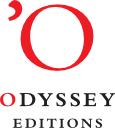
Mr. Wylie said his new company would focus on older titles whose digital rights are not owned by traditional publishers. The books will be available exclusively at Amazon’s Kindle store for two years.
In making the announcement Mr. Wylie opened a new front, and a possible negotiating tool, in a debate over e-book rights for what are called backlist titles. Many traditional publishers have said they own the electronic rights to those books, but some authors and their estates have disagreed, arguing that since the books were published before e-books existed, the digital rights were not explicitly sold to the publishers.
Take a look at the site here. I find this pretty profound myself, as the imprint includes many of my literary heroes long before I’d heard of self-publishing or ebooks. So it’s a melding of the past and future of publishing. Such as:
People are perhaps unwisely calling this a “self-publishing” enterprise, which it isn’t, technically. But it is evidence of the changing face of publication, and how widely-venerated authors are going to bypass traditional channels to more-progressive models. In terms of royalties and a fairer contract, this form of faux self-publishing may be seen as entirely necessary.
However, it’s not 100% a perfect set-up. Macmillan chief, John Sargent, makes a fair point about this arrangement. You could say this is the result of panic by a traditional publisher who may start losing major writers, but he’s got a point:
I am appalled, however, that Andrew has chosen to give his list exclusively to a single retailer. A basic tenet of publishing is that our function is to reach as many readers as we can. We disseminate our books and the ideas within them as broadly as possible. I understand why Amazon wants an exclusive deal with Andrew. They have asked us too for exclusive product, as has every major retailer we deal with. This is smart retailing, and a great deal for Amazon. But it is an extraordinarily bad deal for writers, illustrators, publishers, other booksellers, and for anyone who believes that books should be as widely available as possible. This deal advantages Amazon, which already has the dominant share in this market.
OK, that’s fine about this specific deal. But what if this enterprise wasn’t Amazon-specific? Then there’s no real argument against it. If the main thing that a traditional publisher offers is distribution (editors and designers can be hired), then there’s no reason to take an alternate path with the ebook market.
Today, publishers are stripping royalties from ebooks that are sold on places like Amazon at a discount. This is in part because the big six needs to extract every dollar it can out of a dwindling marketplace. When given a choice between more royalties and less – with the same exact distribution – it’s not hard to see what direction authors are going to take.
Publishers then will strong arm authors into taking an unattractive ebook percentage for the rights to publish a book in print – as is currently the process. But when ebooks are more ubiquitous and authors stand to make a lot of money selling ebooks direct, rather than having the publisher take a cut, mainstream authors will have an important decision to make. At that point, publishers, ironically, will be like a vanity imprint – taking too much of royalties for something an author can do him or herself.
This scenario will take a long time to play out, as ebooks are not going to be a majority share of the market for a while, but contract terms are likely going to change soon. Say Dan Brown said – if you don’t let me have my ebook rights, I won’t let you publish my book in print. Things will change, and fast.
Update: JFBookman retweeted this with the simple addition “Agents take control.” That’s the other amazing thing about this. An agent becomes a “self”-publisher because he sees the current system – his lifeblood – collapsing and sees an opening. All told, this is a major development – traditional publishers are becoming less necessary. Or, rather, today’s non-traditional publishing will eventually become the norm.
Get an Editorial Review | Get Amazon Sales & Reviews | Get Edited | Get Beta Readers | Enter the SPR Book Awards | Other Marketing Services


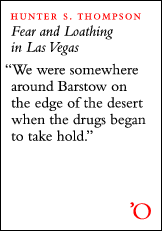
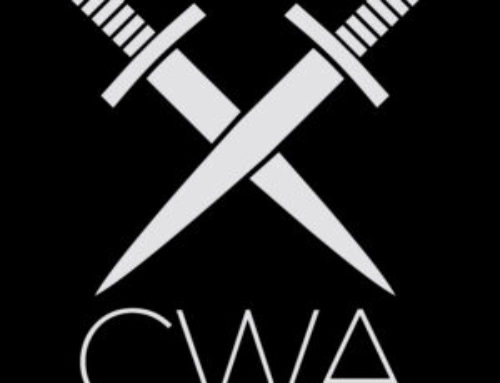
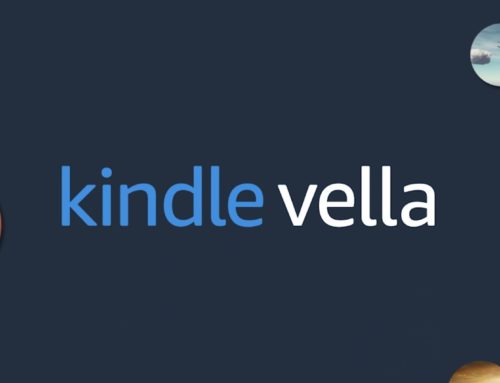
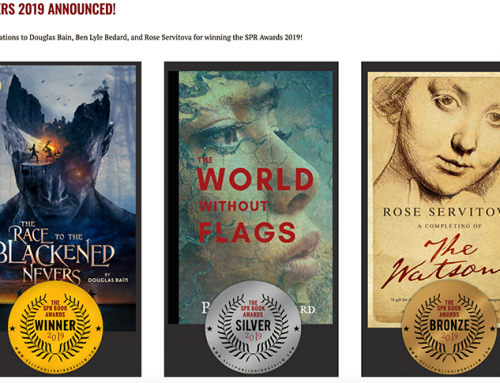
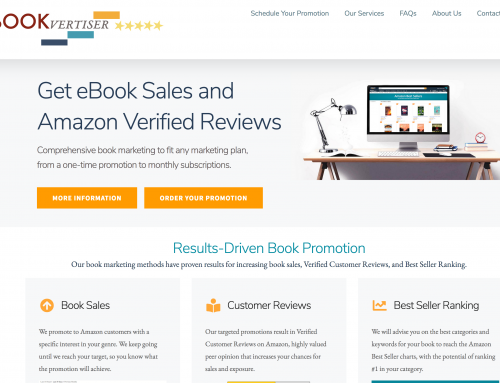
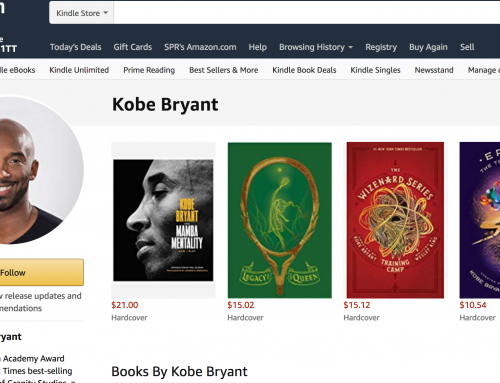
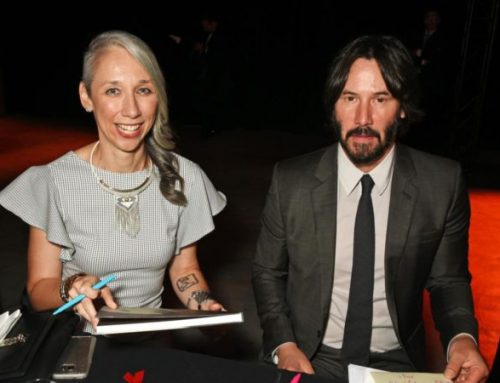
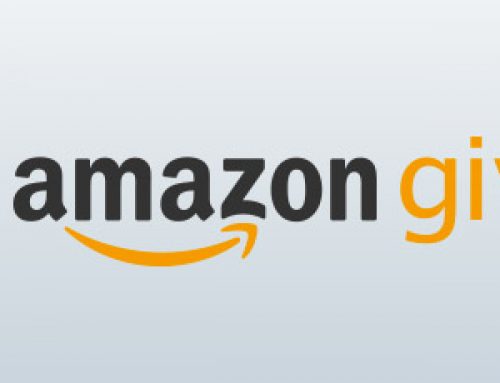

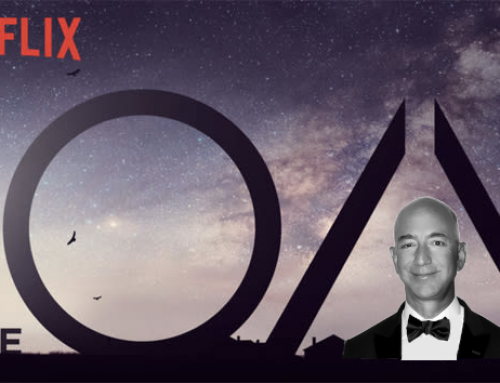
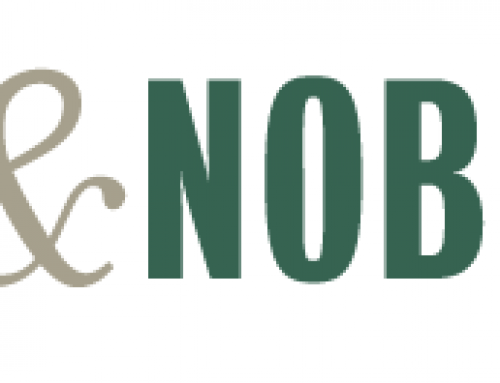
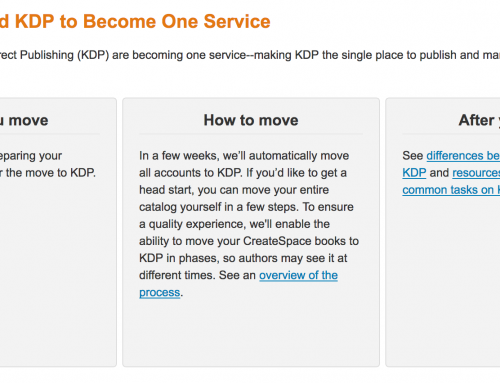

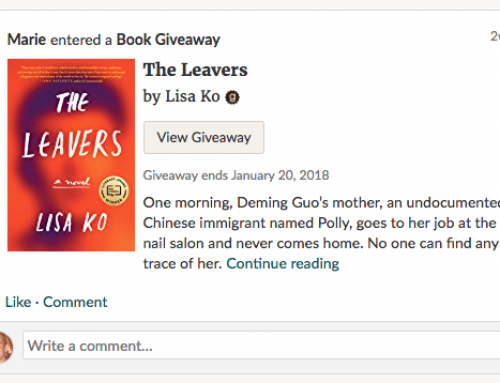
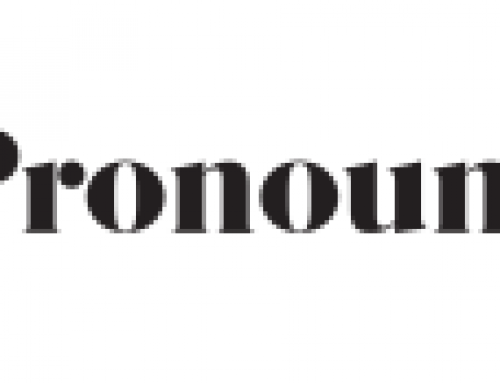
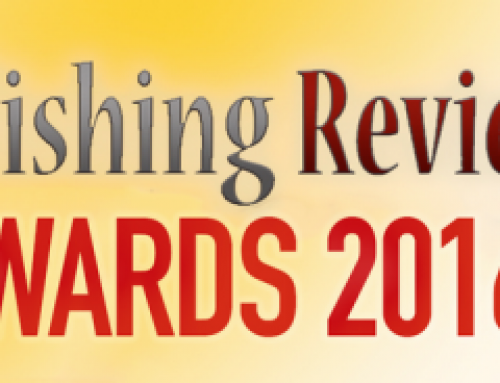
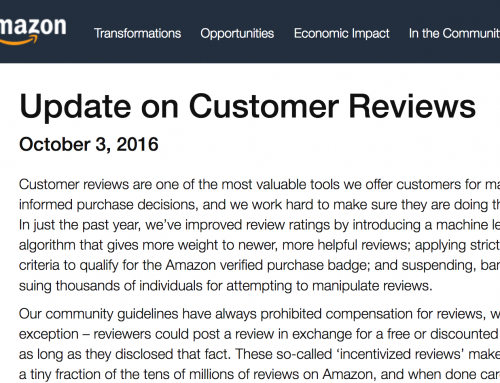
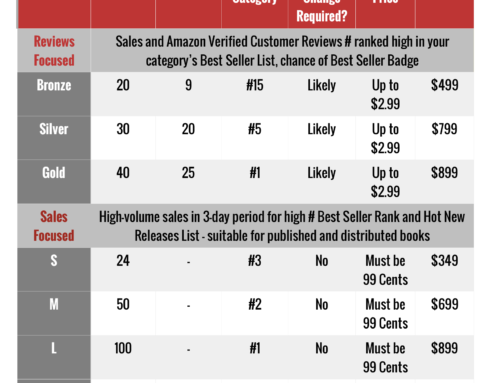
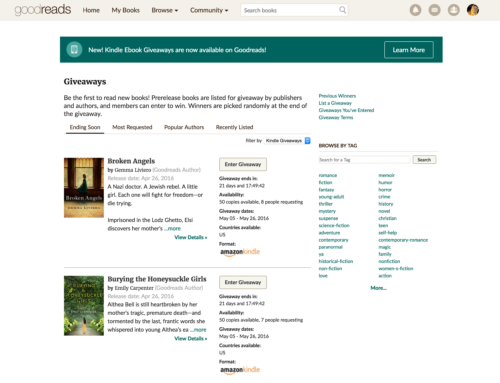
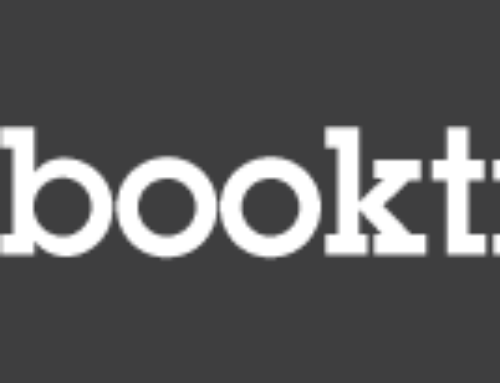

First off, uber-agent Richard Curtis has been publishing ebooks for his clients for months if not longer. He runs that business out of a server by his desk. It’s that easy. I am also publishing out-of-print titles as ebooks for writer buddies who have no interest in doing it themselves (and might thus be smarter than me).
It’s not entirely dumb to make an exclusive deal with Amazon if no one else takes on the onerous task of reformatting ebooks for every disparate intake/output system the ebook publishers require. I’m fifteen months into chasing these people–Amazon, Kobo, Apple, B&N soon–and more keep cropping up. I’m getting pissed. In fact, I’m sufficiently pissed at Kobio to be on hiatus seven books into a forty-book deal with them.
Also, it appears to be common wisdom that, today, all non-Amazon ebook publishers combined do not throw off for any given title as much as half of what Kindle throws off, month in and month out. And Kindle is reaching into other vendors’ systems, notably with an Apple iPad app that allows Kindle titles on iPad readers.
There’s not a lot of point prognosticating this market niche yey. It’s too soon, and too many smart people, some with immense assets in good will, cash, or stables of authors, are only just noticing the many upsides as a first step to becoming seriously engaged in schemes I sure can’t imagine yet. Jeez, an agent with access to hundreds (at least) of out-of-print titles is a formidable concept.
Very interesting concept. I have been completely enthralled by the self publishing idea…I have control issues.lol
The odds of me finding a publisher and the royalties and support I would receive as a new author makes self pub a valid alternative. When I think what a publisher takes, add an agent and all I can see is a lot of blood, sweat and tears on my part for little reward.
If you can’t be pigeonholed into a specific genre what’s your choice?
I think there is a blood bath to come. It will be interesting to see who survives and what the new publishing model will be.
A few things to add:
1. A friend in the industry tells me that Wylie has been blackballed by Random House. No one believes that will last, but it’s worth noting.
2. Wylie must have given thought to possible backlash. It speaks volumes that he went ahead despite the potential blowback on his businees. An agent, after all, depends entirely on maintaining good relations with publishers, and big-time agents are big time because of their ties to big-time publishers. Bottom line for Wylie =must= be that he doesn’t give a damn. So what does his not giving a damn about going rogue over ebooks tell you about his view of the future of publishing?
Great point, thanks. Here’s more on the Random House/Wylie dispute:
http://www.reuters.com/article/idUSN2211583920100722
About #2, there is a good marketing strategy for being hated. If there are people that vehemently hate something, there is usually an opposing group that overwhelmingly love it. See Apple, Microsoft, Google, and all the other big names. It’s really far and few between that anyone is universally hated. BP being a notable exception. And some airlines.
If Wylie is picking a fight with all those representatives of a traditional establishment, then it’ll be interesting to see if the public and/or authors pick sides with him.
I’ll echo the above sentiments, that this looks fine other than being Amazon exclusive. Amazon is monopolistic, however they are using that power against publishers, not consumers – so far – so I can’t really complain about the exclusivity deal yet.
Even Wylie calls it halfway between commerical and self-publishing. And quite possibly the worst of both worlds.
This morning (July 26, 2010), The Authors’ Guild chimed in with its take on the Wylie-Amazon deal:
http://authorsguild.org/advocacy/articles/wylie-amazon-and-random-house-battle.html
http://authorsguild.org/advocacy/articles/what-its-all-about—-economics.html
As is typical, the Guild comes done in the mushy middle. Note, above all, what the Guild does =not= (ever) mention: the possibility of member authors undertaking ebook creation and marketing on their own.
The Authors’ Guild invariably works against the interests of its dues-paying members on rice-bowl issues. I could write a brief seminar to train authors to fend for themselves. I’ve offered it free to the Guild. I’ve never had so much as an acknowledgement of the offer.